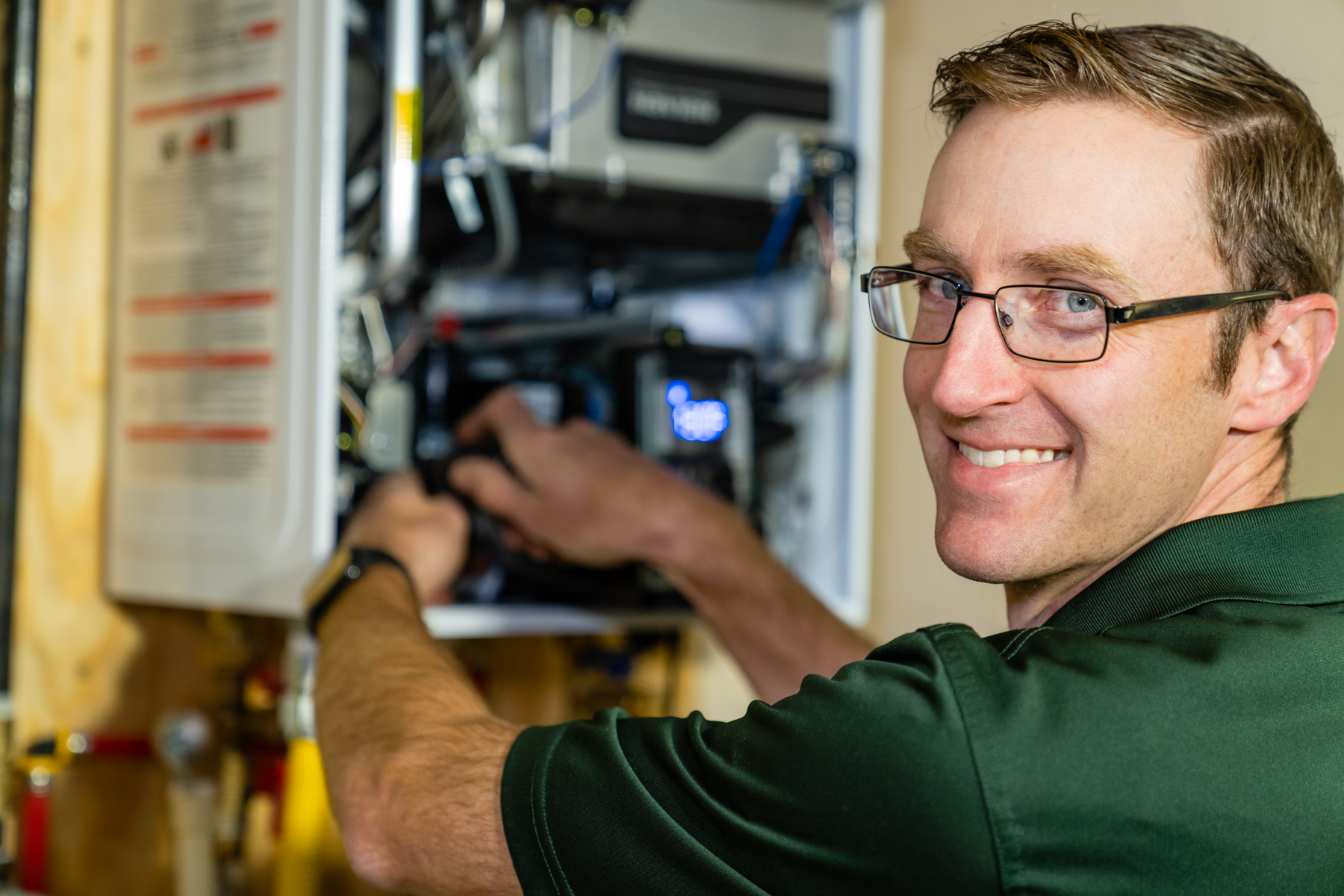Methods to Address the Common Water Heater Emergency Challenges
Methods to Address the Common Water Heater Emergency Challenges
Blog Article
Nearly everybody has got his or her own rationale in relation to Is Your Water Heater Leaking?.

A water heater is one of the most essential fundamental home appliances that can be discovered in a house. With water heaters, you don't need to undergo the anxiety of heating water manually whenever there is a requirement to take a bath, do the laundry, or the recipes. There is constantly an opportunity that your water heater would certainly act up as with a lot of mechanical devices.
It is very important to note any little malfunction as well as tackle it quickly prior to points get out of hand. A lot of times, your water heater begins to malfunction when there is an accumulation of sediments as a result of continual usage. As a preventative measure, regular flushing of your water heater is recommended to avoid sediment buildup and avoid practical failure.
Usual hot water heater emergencies and also how to take care of them
Dripping water heater storage tank.
In this situation, you need to turn off your water heating system, allow it to cool down, as well as meticulously look for the source of the issue. At times, all you require to do is to tighten up a few screws or pipe connections in instances of minor leakages. If this does not work and the leakage lingers, you may require to use the solutions of a technician for a proper substitute.
Rising and fall water temperature level.
Your hot water heater can begin generating water of various temperatures typically ice cold or scalding warm. In this situation, the first thing you do is to guarantee that the temperature is readied to the wanted degree. If after doing this, the water temperature maintains altering during showers or other tasks, you might have a malfunctioning thermostat. There could be a demand to change either the heating or the thermostat system of your water heater.
Insufficient warm water
It might be that the water heating unit can not sustain the warm water demand for your apartment. You might update your water heating system to one with a bigger capability.
Blemished or stinky water
When this happens, you need to understand if the concern is from the tank or the water source. If there is no funny smell when you run chilly water, then you are particular that it is your water heater that is damaged. The stinky water can be caused by corrosion or the accumulation of bacteria or sediments in the water heating unit container.
Conclusion
Some house owners neglect little warning and minor faults in their water heater unit. This only leads to additional damage and a feasible total failure of your device. You must handle your water heater mistakes as soon as they come up to stay clear of even more costs as well as unneeded emergency problems.
With water heating systems, you don't need to go with the stress and anxiety of home heating water manually every time there is a need to take a bath, do the washing, or the meals. Your water heating system might begin creating water of various temperatures normally ice chilly or scalding hot. It might be that the water heating unit can't sustain the warm water need for your home. If there is no funny odor when you run cool water, after that you are certain that it is your water heating system that is faulty. The stinky water can be created by rust or the buildup of microorganisms or sediments in the water heater storage tank.
Common Water Heater Issues and What You Should Do
What Type of Water Heater Do You Have?
Before we begin it’s first important that you identify the type of water heater you have on your property. There are two main types of water heaters out there: conventional and high efficiency.
Both of these types of products typically use either gas or electricity to heat power. There are also solar water heaters that use a thermal collector on the roof or yard to heat the water.
While these models are not as common, they can cut heating costs in half. In this article, we will focus on conventional and high efficiency.
How Do My Electric and Gas Water Heater Work?
Though they look similar, electric and gas water heaters work very differently. It’s important to know their basic function because often problems can be specific to the heating source.
In the electric model, a thermostat on the side of the machine detects the temperature of the water in the tank. When the temperature needs to rise electricity flows to a heating element suspended in the water.
Gas models also use a thermostat device — typically with a mercury sensor at the tip and an additional sensor called a thermocouple. The thermocouple detects whether the pilot light is on and controls the flow of gas.
When the thermostat drops below the appropriate level gas is released which becomes ignited by the pilot light. The flame heats the bottom of the water tank which causes hot water to rise and cold water to drop.
This natural circulation continues until the water reaches the desired temperature. Then, the thermostat triggers the gas control valve to shut off the flow of gas.
What Are the Most Common Issues and How Do You Fix Them?
https://happyhiller.com/blog/common-water-heater-issues-and-what-you-should-do/

We had been shown that report on The Importance of Water Heater Maintenance through an associate on our other web address. Kindly take the time to share this blog entry if you appreciated it. Many thanks for your time. Visit again soon.
Professional approach assured. Report this page